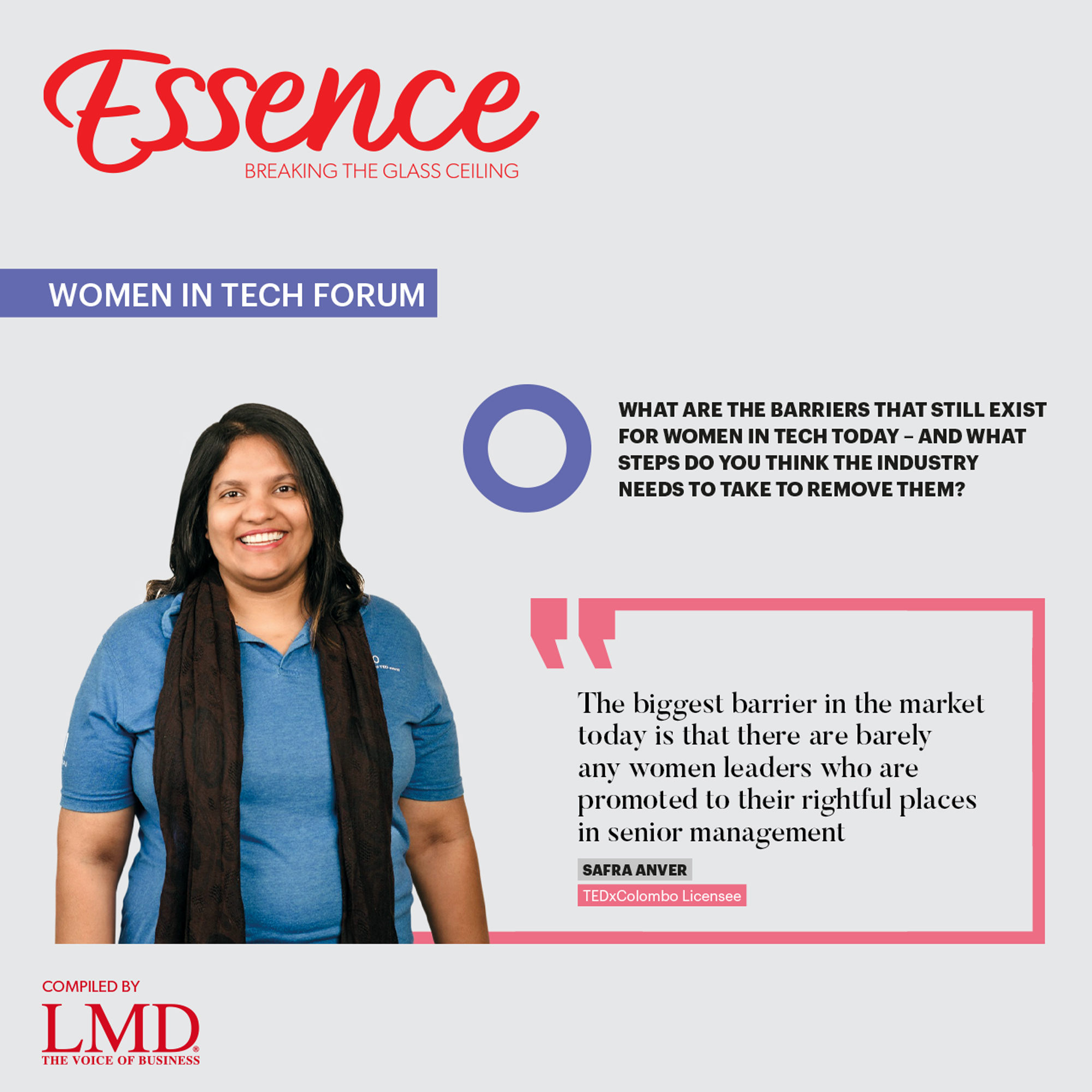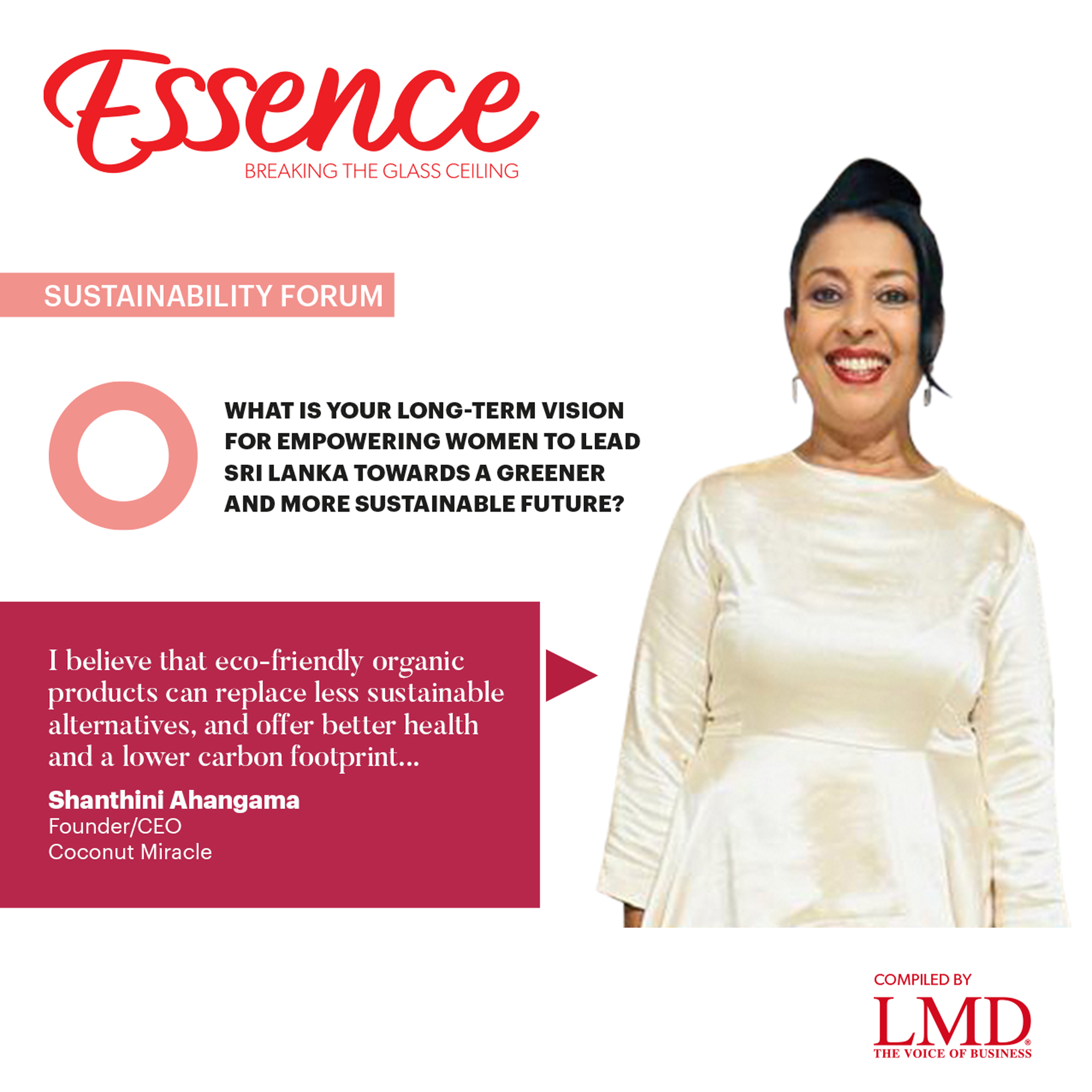PERSPECTIVES OF A GLOBAL LEADER
Irene Teng shares invaluable insights
 With the pandemic upending the world for around two years, so too has leadership changed. Women leaders such as Irene Teng, the Managing Director – Global Markets – AICPA & CIMA, have always believed that there is a silver lining and hope in adversity, if only we look for it. And the pandemic has certainly shown her how to be a better leader.
With the pandemic upending the world for around two years, so too has leadership changed. Women leaders such as Irene Teng, the Managing Director – Global Markets – AICPA & CIMA, have always believed that there is a silver lining and hope in adversity, if only we look for it. And the pandemic has certainly shown her how to be a better leader.
Convergence of work mask and self mask: for decades, women leaders have been juggling their professional work and home fronts. They wear two masks – the work mask and self mask – with two sets of behaviours: one for the office with staff, and the other for the home with family and children.
In pre-pandemic times, most women saw themselves as two different people; and because of this juggling of roles, women tend to have a limiting belief that there is a glass ceiling to what they can achieve.
The pandemic has caused many to work from home, forcing women leaders into a thinking circle where they wear both the work mask and self mask simultaneously. Their juggling of roles has grown far greater than what it used to be as they try to strike a balance to be a leader for their staff and a leader for their families at home.
It’s not simply about strategies for the business anymore; they’re also using their work skills at home to strategise and manage the daily needs of their families.
A unique outcome of this convergence of work mask and self mask is that the home front values of empathy, caring and understanding are now being used even more on the professional work front.
As a result, women leaders are inclined to treat their staff and colleagues more than merely as staff or colleagues. They show an abundance of empathy and understanding especially when their staff face difficulties at home.
This is because women leaders resonate and relate better as they too may have faced similar challenges. Their maternal instincts are thrust to the fore and it comes through to their organisations as caring for members of staff. The pandemic has shown us that care and mental wellbeing of staff is just as important as maximising shareholder value.
The convergence of the work mask and self mask has impacted my leadership style, making it more inclusive.
Inclusivity means consensus building, openness and consciousness to encourage participation from my teams. All these go hand in hand with empathy and compassion; and this has had a positive impact on the way we communicate, connect and collaborate among various teams around the world.
My next tier leaders learn from the examples I have set, establishing a new leadership culture within the organisation. It inspires them and provides the assurance that they have my support when needed, and to be better leaders for their own team members.
EQ, EI and Emotional Agility EQ and EI have grown in importance during the pandemic but equally essential for leaders is emotional agility.
Through emotional agility, we deep dive, experience and recognise our emotions – and choose a healthy emotional response to a situation. We understand, accept and embrace the thoughts and emotions that we go through every day.
By being emotionally agile, we accept that it is all right to show vulnerability to our teams and be authentic as a leader.
It has become a part of me to internalise every story that my team shares with me, try to deep dive and visualise what they are going through, and how I can best support them as a leader. Their mental and emotional wellbeing has become more important to me now than ever before and in addition, I want them to know they’re valued.
I take the time to listen and understand what they are going through, then personalise my support and help for them. In this way, I show my teams how much they are valued in the organisation.
Empowerment through trust The pandemic has thrust empowerment and trust into the limelight. As leaders, we need to trust our teams who are working from home to deliver the outcomes expected of them.
This trust is particularly critical when hiring new joiners whom we do not even get to meet in person.The trust is the empowerment that we are giving to our staff. Empowerment is not only the authority that goes along with the title or position of a staff member; empowerment and authority go hand in hand with trust.
In developing young leaders, we need to trust them – not just to plan and execute but also decide what works best for them in order to excel. So our role as leaders is to ‘enable.’

Authenticity, vulnerability The pandemic has also brought authenticity and vulnerability to the forefront. Where previously, leaders wanted to appear strong and ‘know it all,’ the pandemic has taught us that it’s all right to show vulnerability to our teams by putting pretences aside and simply being ourselves as leaders – i.e. being authentic. We are human, after all.
Being vulnerable as a leader enables you to see through the eyes of the people you lead, and the result is that they become more involved and invested. Being vulnerable does not make us weak; it actually makes us stronger because we are able to embrace and accept our imperfections and weaknesses. Being courageous to change and be better builds our authenticity.
It is very important for my teams to know that they are valued; and to do that, it is not just about being a leader to them but being a committed leader. My commitment is to empower, enable, support and assure them; and this commitment strengthens my authenticity as a leader.
Being authentic means being true to myself and others by showing empathy and humility.
Empathetic leadership is the way forward and we have learnt this well over the past two years during the crisis. We need to lead with the ability to understand the contexts and experiences of others, and being aware of their thoughts and feelings, which leads us back to being emotionally agile as leaders.
Hope for the future In every adversity, I search for the silver lining. I believe every setback makes us stronger, and is an opportunity for us to do and be better. There is always learning and value to be captured, and that is what drives us forward into the future.
“Being authentic means being true to myself and others by showing empathy and humility





